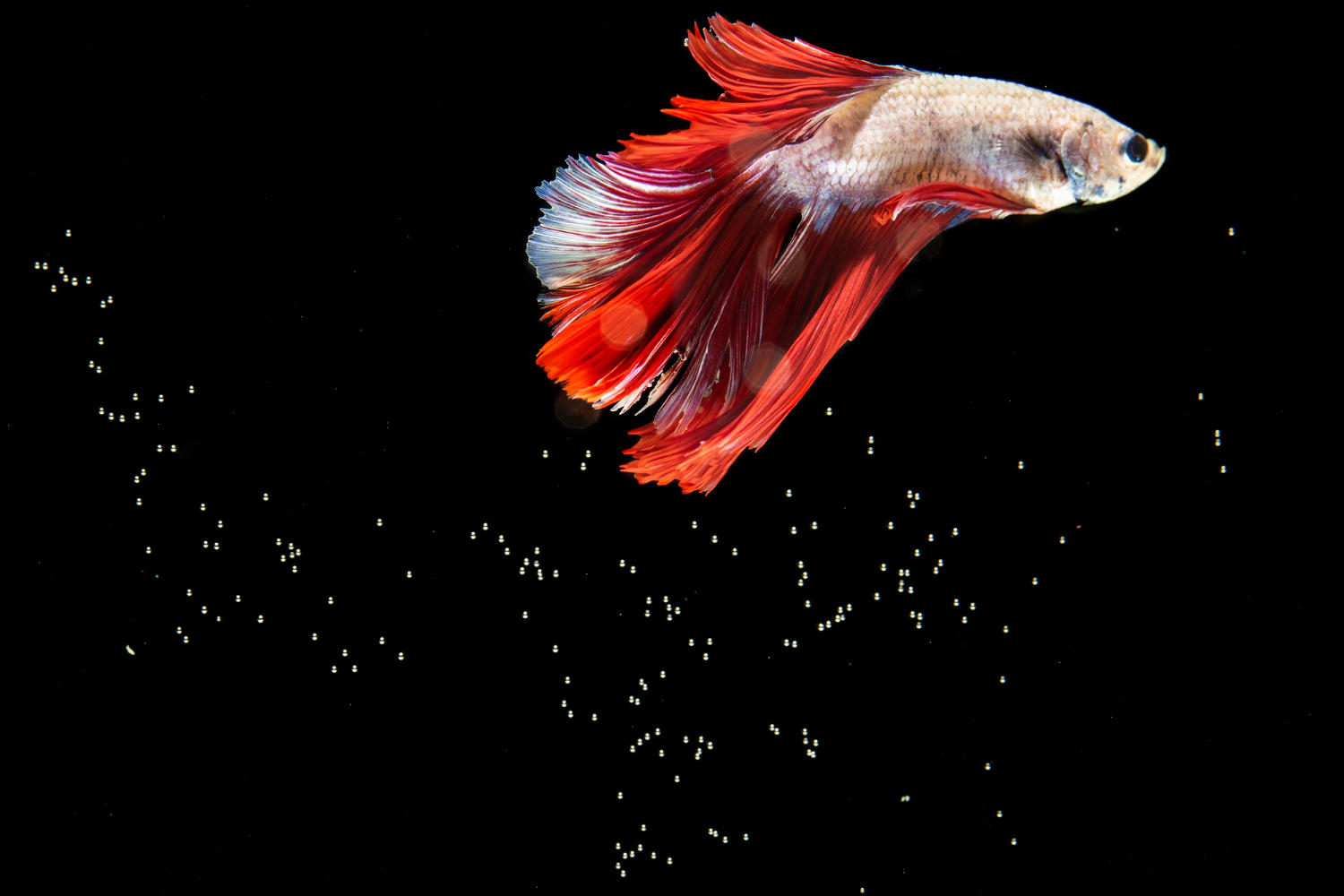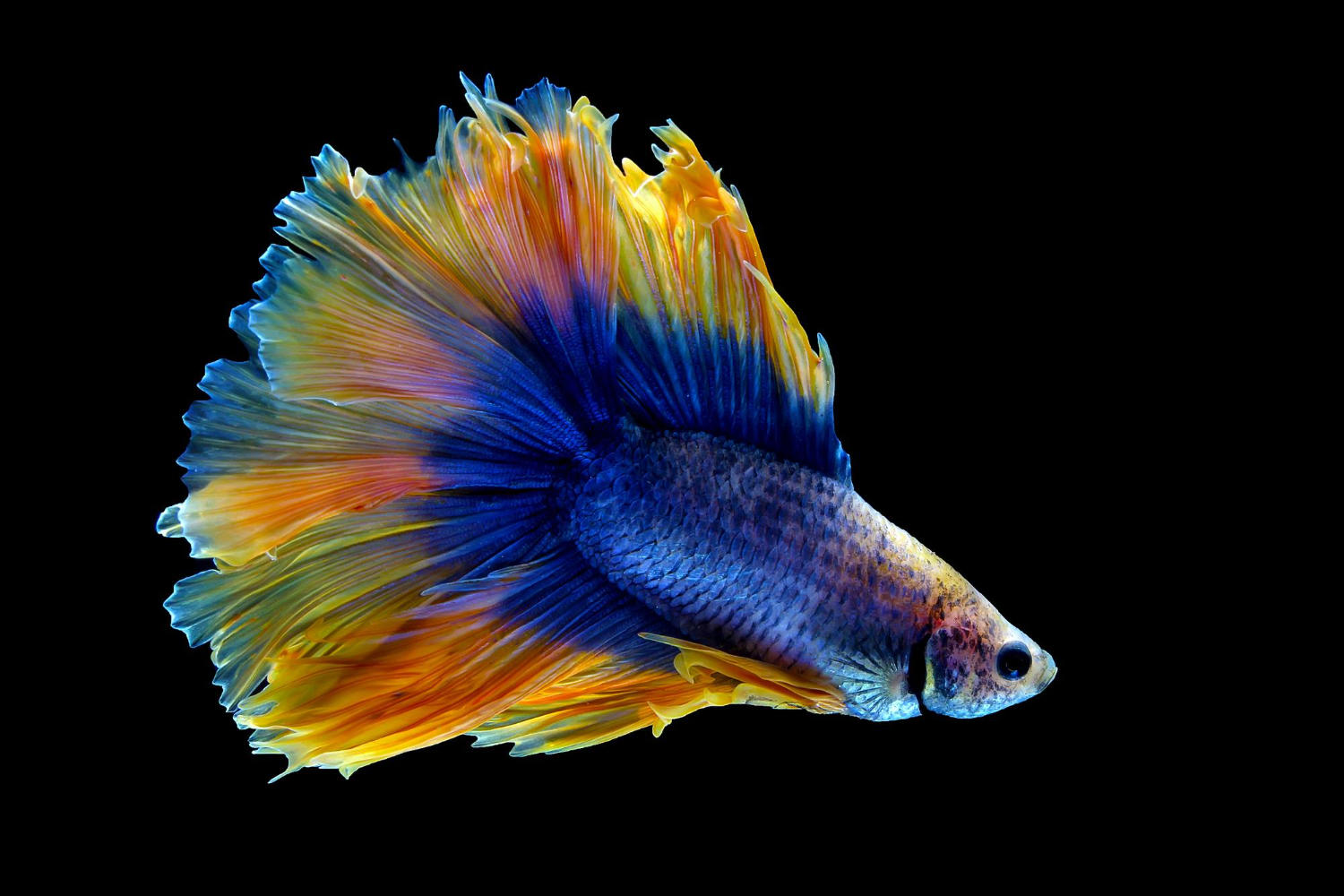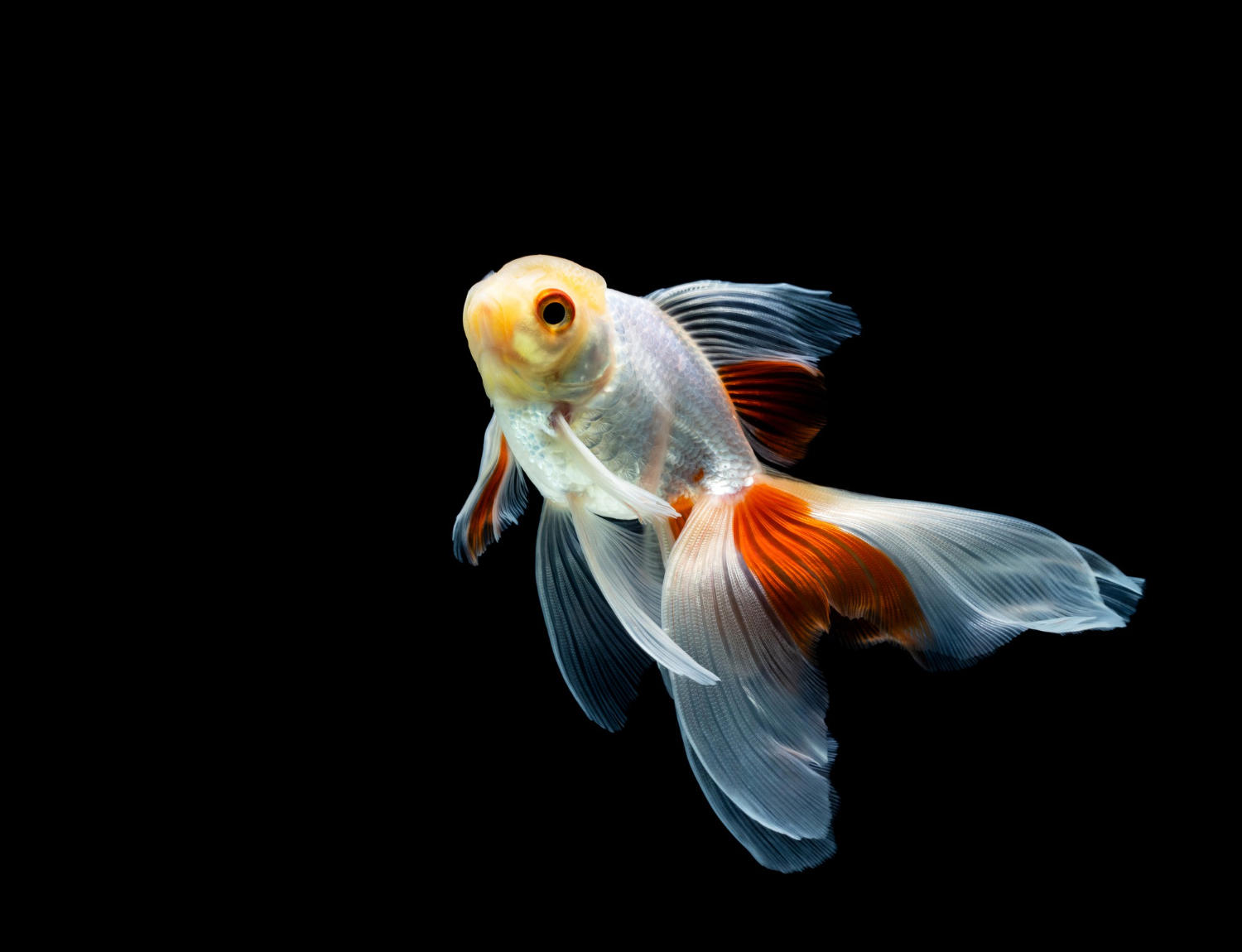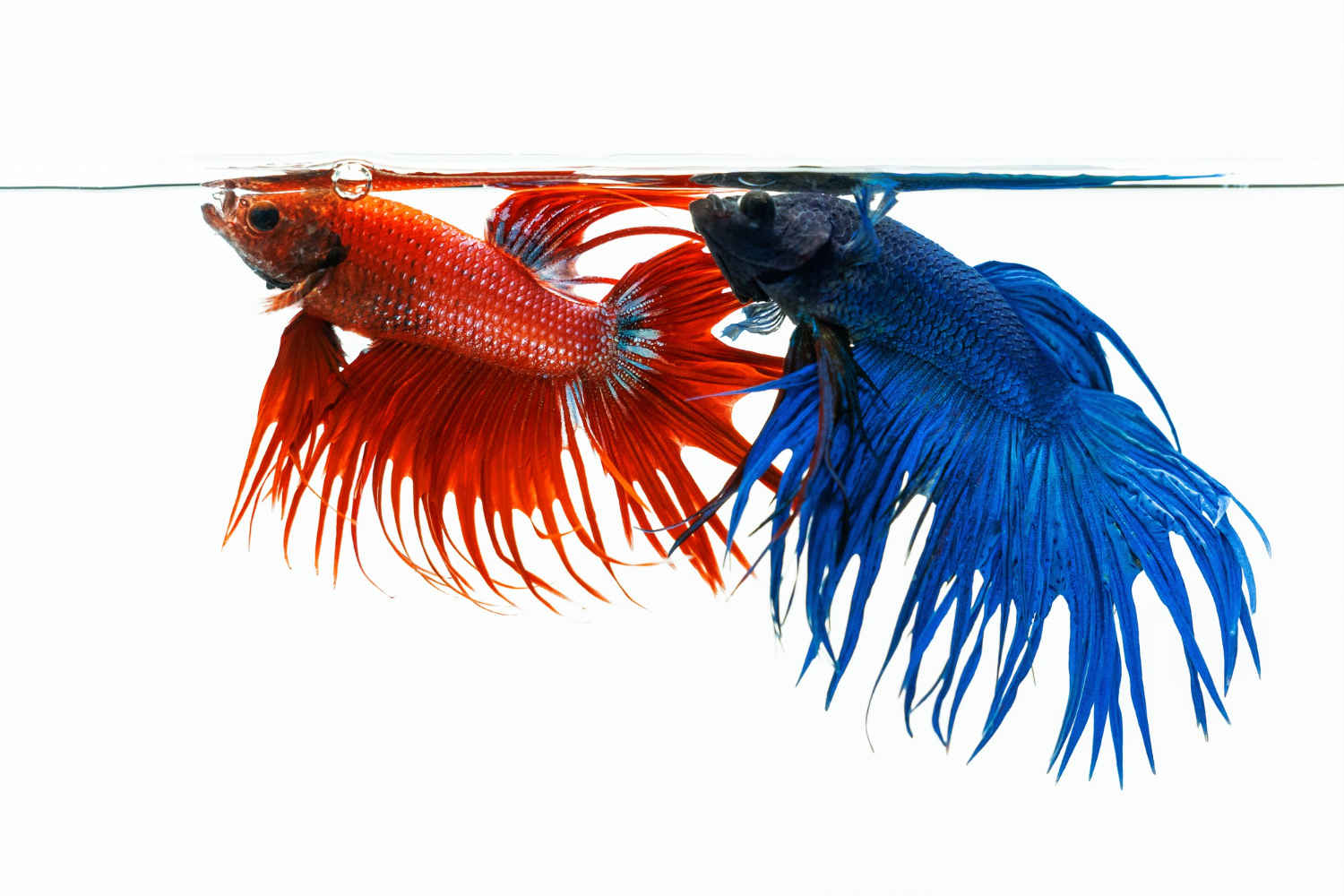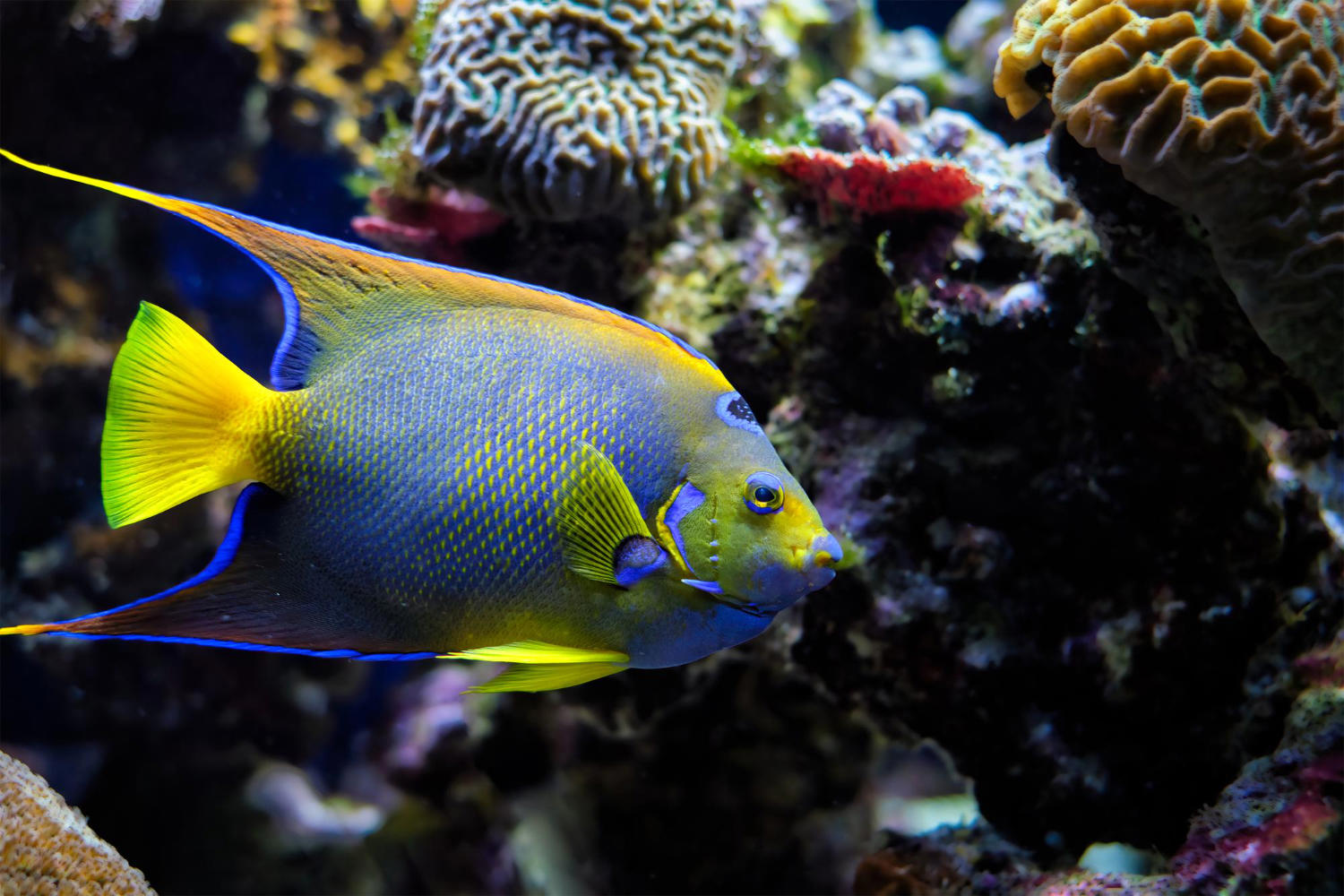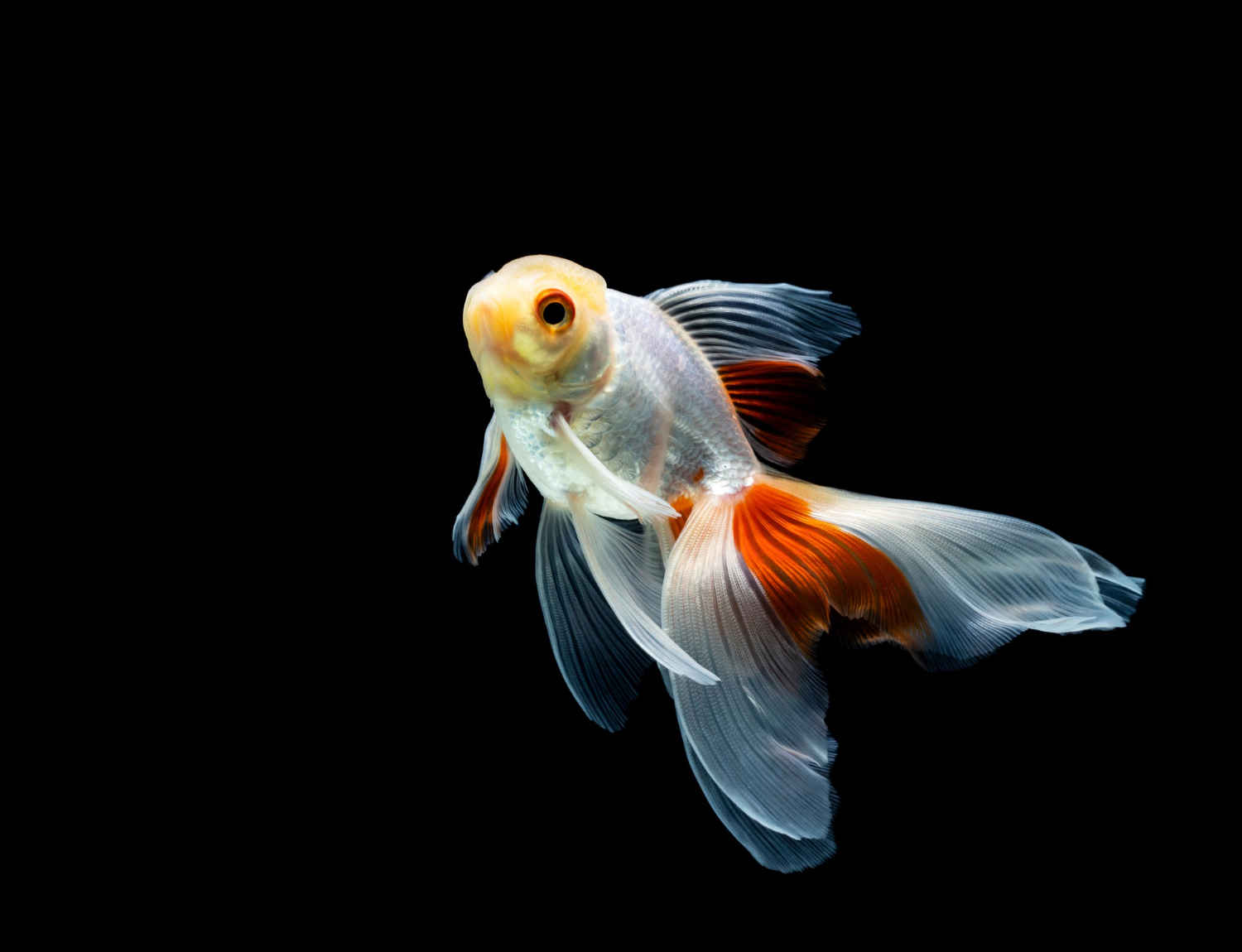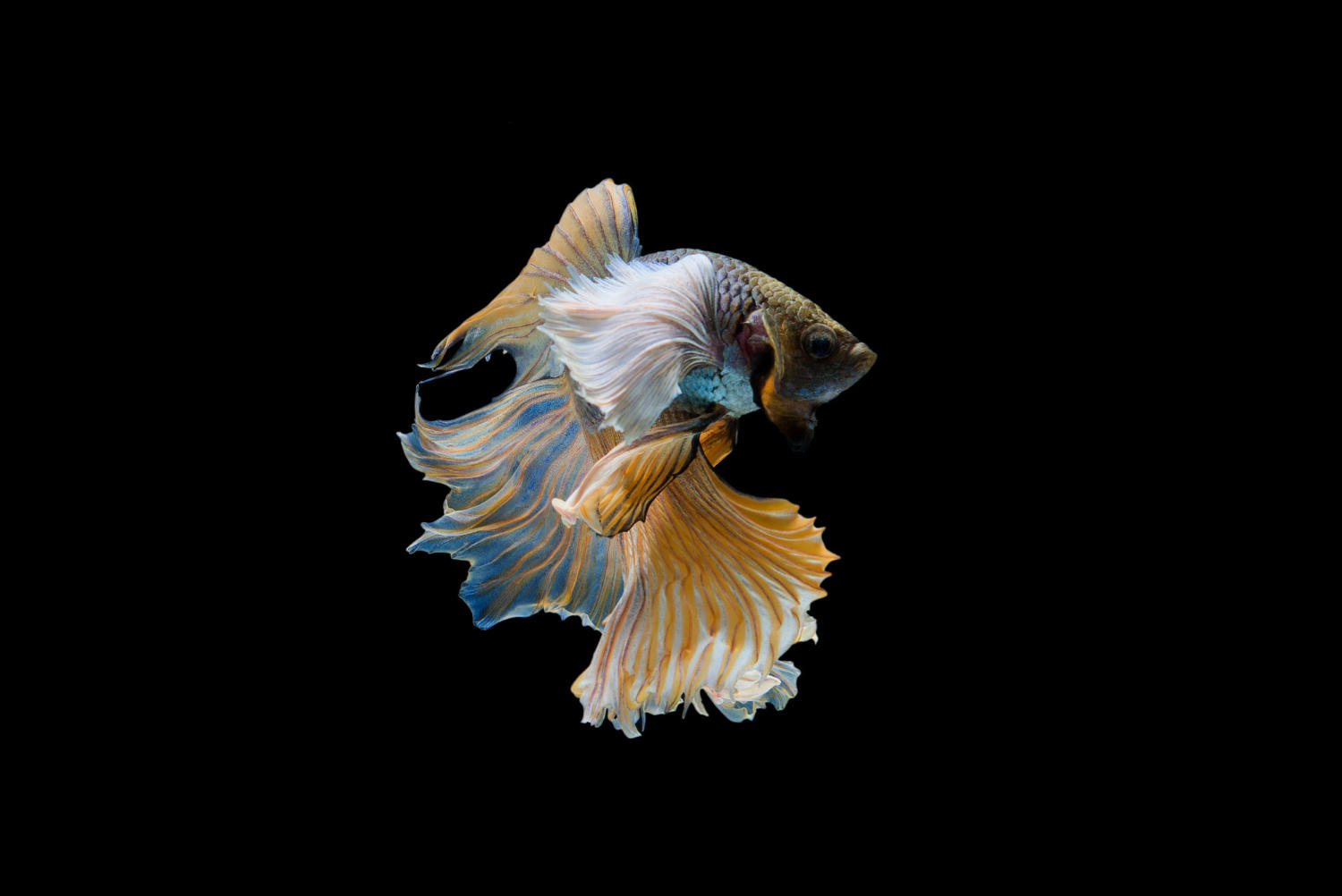Whether you’re a new fish owner or a seasoned pro, it’s easy to fall into the trap of overfeeding your fish. After all, you want to make sure your fish are well-fed and healthy, right? But did you know that overfeeding your fish can actually be harmful to their health? In this blog post, we’ll explore the risks and consequences of overfeeding your fish, and give you some tips on how to avoid this common mistake. So, let’s dive in!
Fish are a popular pet for many households. They are easy to take care of and can be quite entertaining to watch. However, many fish owners make the mistake of overfeeding their fish. Overfeeding can cause various health problems for your fish, and it is essential to understand the risks and consequences.
What Happens When You Overfeed Your Fish?
Overfeeding your fish can cause a wide range of problems. One of the most common issues is that it can lead to poor water quality. When fish are fed too much, they produce more waste, which can cause an increase in ammonia and nitrite levels in the water. These high levels can be harmful to your fish, causing stress and illness.
In addition to poor water quality, overfeeding can also lead to obesity in fish. Just like humans, fish can become overweight if they consume too much food. Obesity can cause a wide range of health problems for your fish, including organ failure and even death.
How Much Should You Feed Your Fish?
The amount of food you should feed your fish depends on the type of fish you have and their size. In general, it is best to feed your fish small amounts of food two to three times a day. You should only feed them what they can eat in about two minutes.
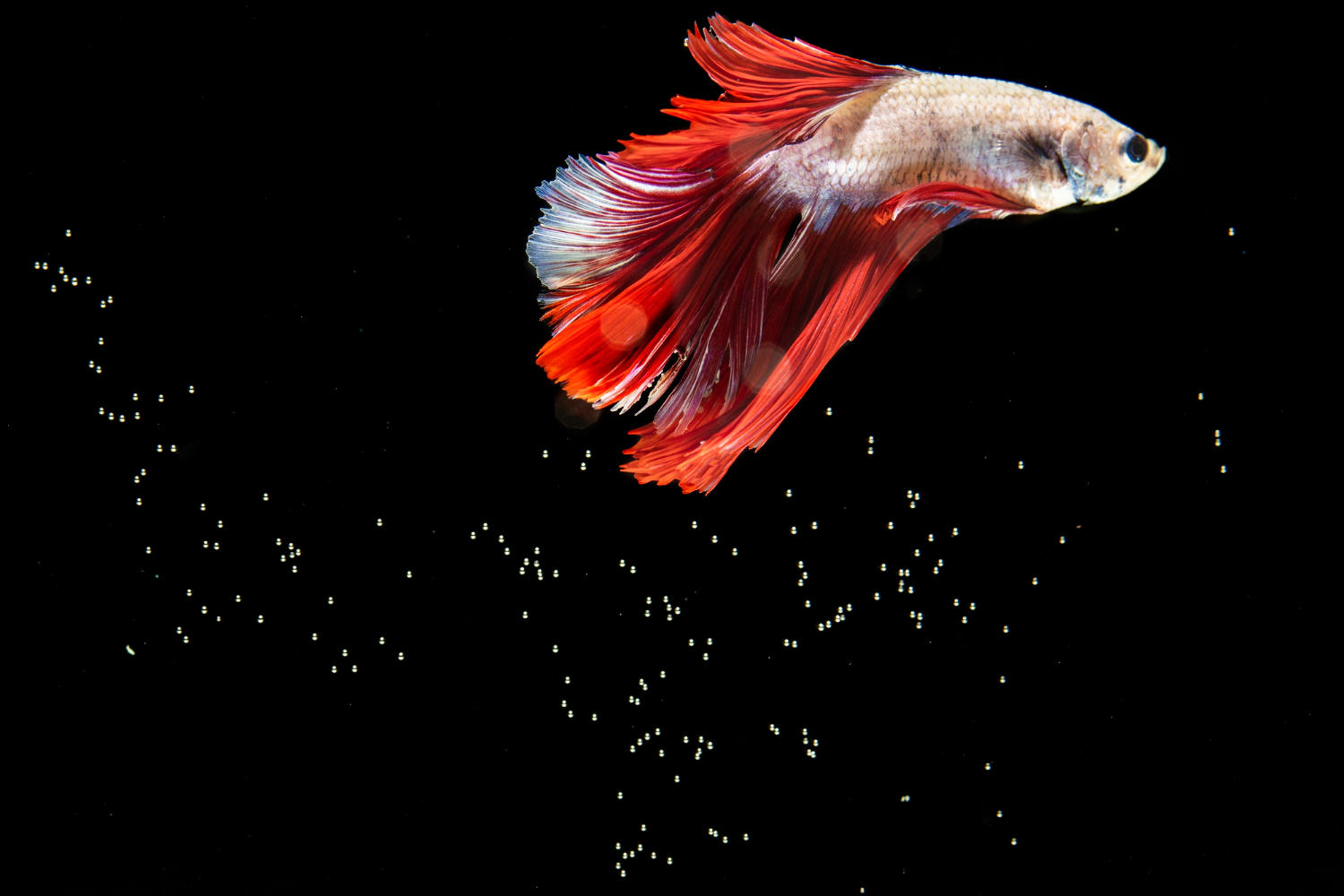
If you have multiple fish in your tank, it is essential to ensure that each fish gets an equal amount of food. Some fish are more aggressive than others and may eat all the food, leaving nothing for the other fish. To prevent this, you can feed your fish in different areas of the tank or use a feeding ring to keep the food in one spot.
How to Avoid Overfeeding Your Fish?
To avoid overfeeding your fish, there are several things you can do. First, make sure you are feeding your fish the right type of food. Different types of fish require different diets, and it is essential to ensure that you are feeding your fish the right food for their species.
Second, be mindful of how much food you are giving your fish. It is easy to get carried away and give them too much food, but this can be harmful to their health. Use a small amount of food and monitor how much they eat. If there is any food left over after two minutes, remove it from the tank.
Lastly, create a feeding schedule and stick to it. This will help you ensure that your fish are getting the right amount of food and prevent overfeeding.
In conclusion, overfeeding your fish can cause a wide range of health problems and even death. It is essential to understand the risks and consequences of overfeeding and take steps to prevent it. By feeding your fish the right type of food, monitoring how much they eat, and creating a feeding schedule, you can ensure that your fish stay healthy and happy.
In conclusion, overfeeding your fish can have serious consequences for their health and the overall health of your aquarium. Understanding the risks and consequences of overfeeding is crucial for any fish owner who wants to provide the best care for their aquatic pets. By following the guidelines we’ve outlined in this post, you can ensure that your fish are getting the right amount of food and nutrients they need to thrive. Remember, a little bit of food can go a long way in keeping your fish happy and healthy. So, feed them wisely and watch them flourish!


